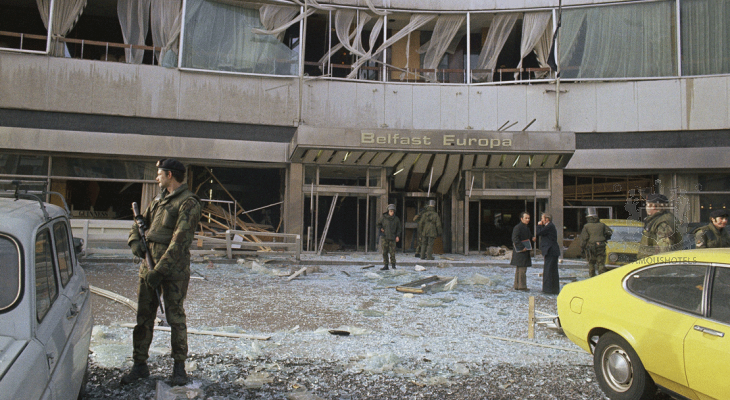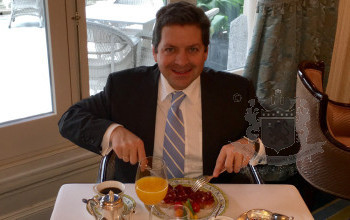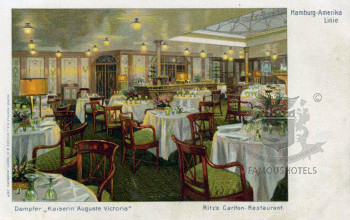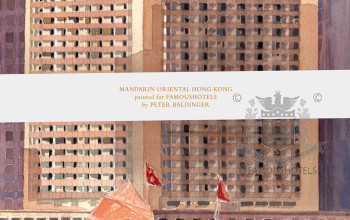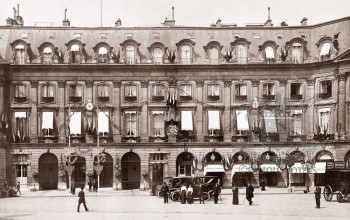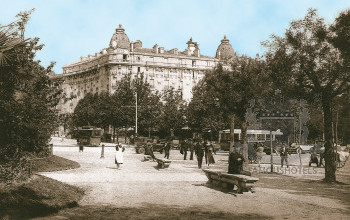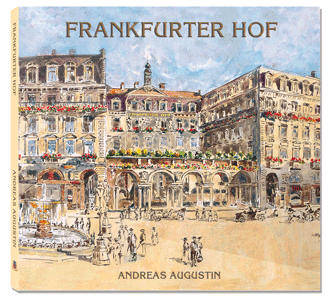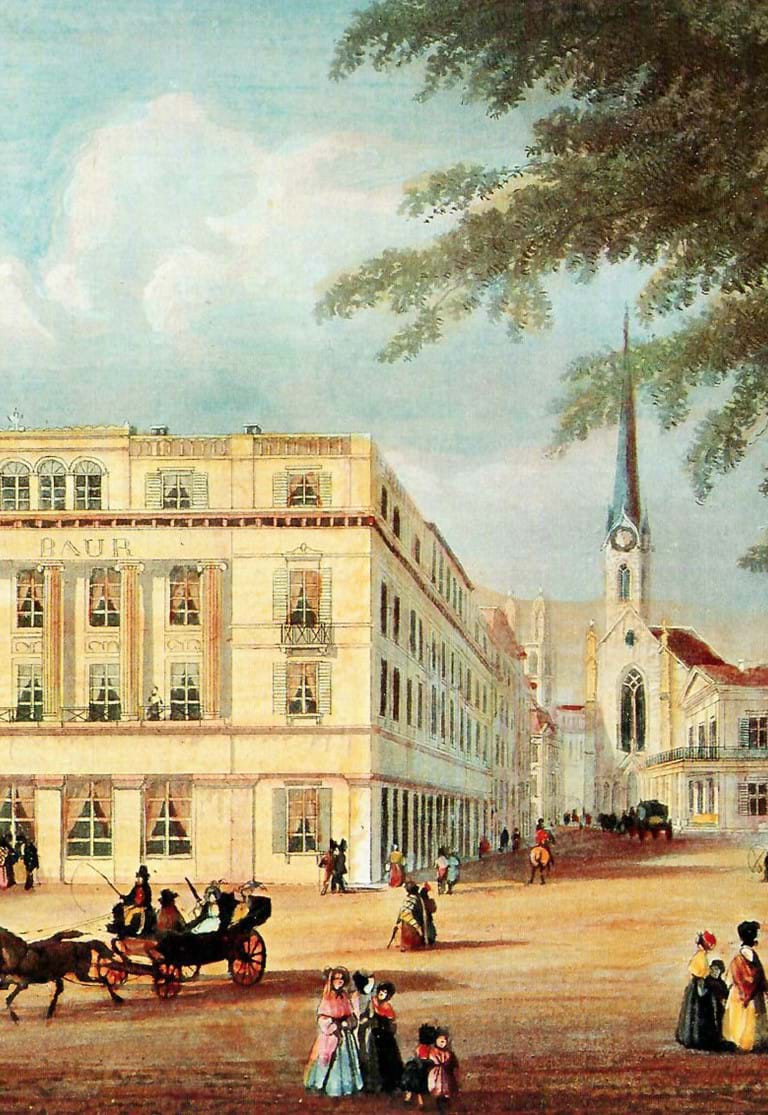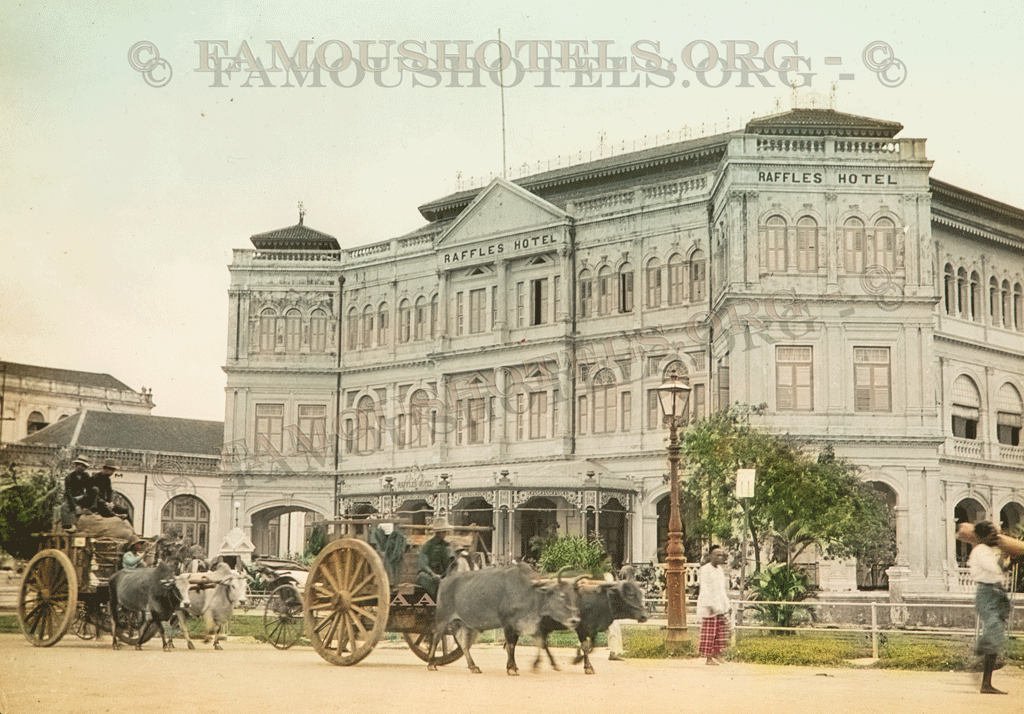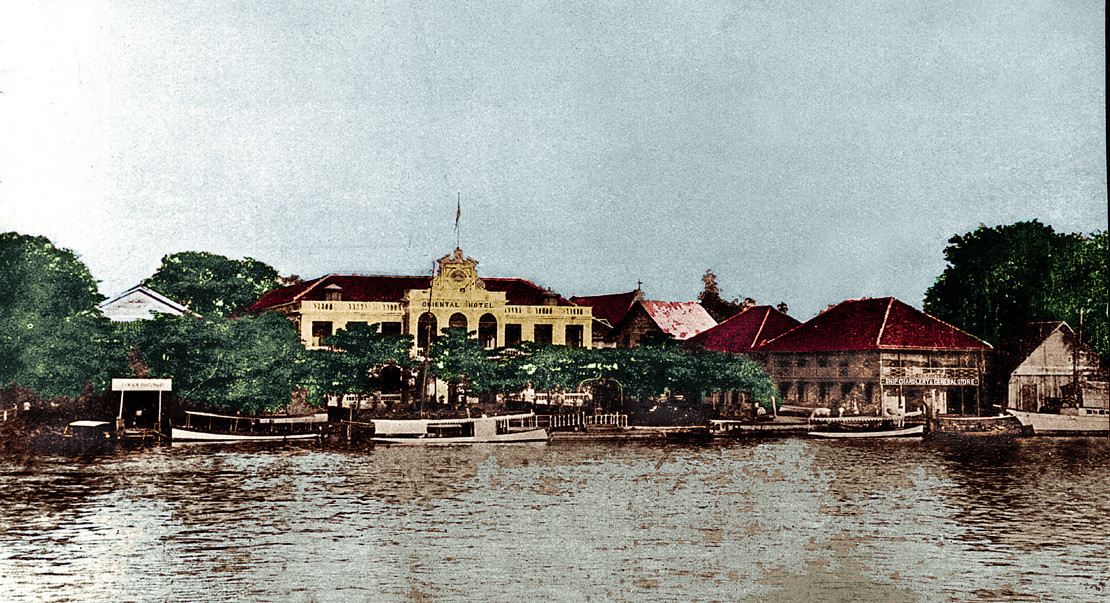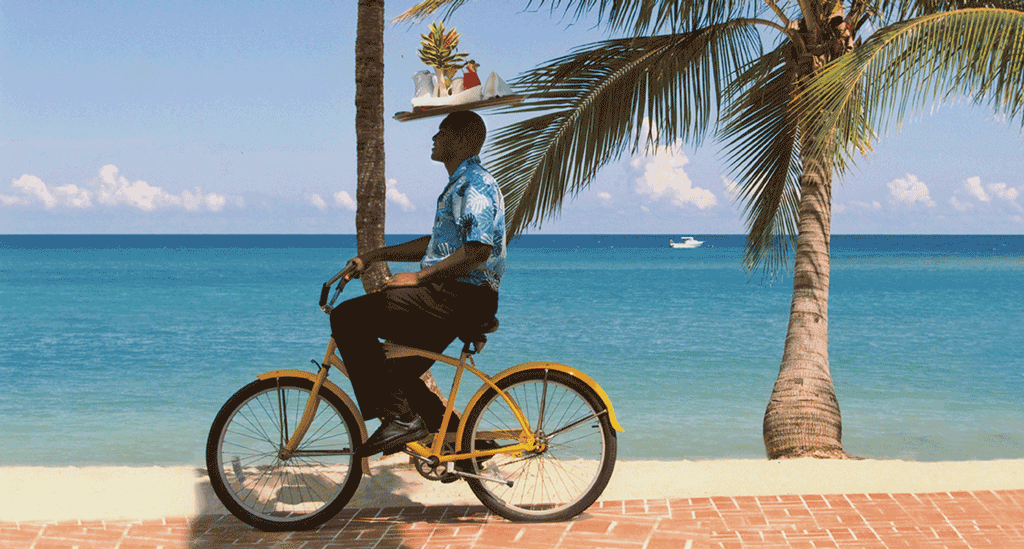Famous hotels in war-torn areas
( words)
The Ritz, Madrid 1936
During the days of the Spanish Civil War, Madrid, under the control of leftist forces, was holding out against the relentless advance of Franco’s forces. The city centre resembled a forlorn island in a blood-red sea of hostility: fighting raged in the mountains to the south and in thenorthwestern outskirts of the city, near Ciudad Universitaria. But the neighbourhoods around the Ritz remained safe. The hotel had been converted into a hospital under the orders of an eminent Spanish surgeon. Across the road, the Palace had also taken on a new role as an emergency clinic, as well as housing the Soviet Embassy on its ground floor. At the Ritz, salons and rooms were converted into hospital wards and operating theatres, where doctors laboured to save the lives of fallen fighters. As so often in the history of hotels, the term hospitality again faced its etymological roots.
There was one man they were helpless to do anything for, however.Buenaventura Durruti was leading the Anarchist effort around theCiudad Universitaria theatre. On November 20, while leading a counterattack near Casa de Campo, he was shot. An ambulance rushed him tothe makeshift hospital at the Ritz. Young rifle-laden anarchists gatheredoutside the hotel doors, while inside the hotel which had been conceivedby Alfonso XIII, doctors tried to revive the man who had tried to killthis king. But nothing could be done for Durruti and he died in the early hours of November 21. To this day, it remains a mystery who fired theshot that killed him – the enemy, the Soviets, or one of his own?
The Europa, Belfast
The last guests, with minutes to spare before the bomb was set to explode, had just been shepherded out into Great Victoria Street and were watching balefully from a safe distance. "Excuse me," an agitated American asked Jimmy, the chief porter, "but I've left an important letter inside by your desk. Could someone go in and get it for me?" Jimmy glared back. "Don't worry, sir; it'll be coming to you very shortly. By air mail." Every reporter who has visited Belfast has a tale to tell about the Europa, famed as the world's most frequently bombed hotel and the city's most enduring symbol of its refusal to give in to the bombers. The hotel's story recently came to an unhappy ending. The Europa was bombed 36 times and survived. The buyers melted away, and the Europa succumbed to the fate that the Irish Republican Army had conceived for it more than 22 years ago. Many see the death of the Europa as a political public-relations disaster, an admission of defeat. At the height of "the Troubles," as the city collapsed under the weight of the bombing campaign, the Europa stubbornly refused to close. This was largely due to the tenacity of its manager, Harper Brown, a dapper, mustachioed man who could have stepped from the pages of a Graham Greene novel. In the darkest hours, Harper would be lifting journalists' spirits with champagne. Everyone who was anyone lived and worked out of the Europa, which brought a hitherto unknown degree of luxury to the city. In its first-floor restaurant, the Beefeater, top military brass would rub shoulders with reporters, civil servants, intelligence spooks, politicians, and members of the paramilitary. The Europam the world's most bombed hotel, survived everything, offering solace to the often beleaguered press pack but also hope to the business community, a tangible "no surrender" in a punch-drunk city. All the more sad, then, that it should go under just as Belfast's commercial heart is thriving once more.
The Commodore, Beirut
After the fighting in the Lebanese civil war led to the destruction of more famous and luxurious hotels on the Beirut Corniche, the Commodore became the hotel of choice for journalists. Its location deep in west Beirut, tucked between taller buildings that usually took the brunt of any shell or mortar fire, was safer in the physical sense. Thanks to the astuteness of the Palestinian Christian family that owned the hotel and that of the manager, Fuad, it was usually safe, too, from the attentions of rival militia groups. All were assuaged, paid off, and occasionally wined and dined in a successful attempt to insure that, whatever else suffered in that quarter of Beirut, it was not the Commodore or its guests. Just in case, the reception staff kept Kalashnikov rifles and a few grenades behind the desk. The bar at the Commodore was the nerve center of the establishment. Its barmen served the biggest measure of hard liquor in the Middle East, performing a nightly anesthetic duty on the international press corps. The star of the Commodore was an African gray parrot that belonged originally to Chris Drake of the British Broadcasting Corp. The parrot did two imitations - one of the famous victory phrase from Beethoven's Fifth and the other of an incoming shell. Guests found it hard to say which of the two was the more irritating. Once, when fragments of a shell landed in and around the hotel's little swimming pool, Don Schanche of the Los Angeles Times took an opportunity that Robert Benchley would have envied and complained to a waiter that there was a shrapnel in his soup.
Holiday Inn, Sarajevo
The worst thing about the Holiday Inn in Sarajevo is getting in and out of it. Do not use the front door - the gardener was shot there. Instead, approach by car at a minimum of 70 miles per hour, slowing only to make the bend into the underground car park. Journalists keep their flak jackets on indoors; during the bad days, one correspondent from a British newspaper took to wearing his in bed. The best and most extraordinary thing about the Holiday Inn is the Friday-night buffet. Every Friday since the war began, the waiters have put on their tuxedos and served a buffet complete with Dalmatian ham and braised steak. How the food gets there is unclear - but the correspondents do not feel guilty. When checking into the Holiday Inn, it is important to make two requests: a room at the back and nothing higher than the fifth floor. On the sixth, facing the Serbian lines, most of the north wall is missing, the casualty of a summer mortar. The Bosnians use the upper floors as sniper positions.The elevators have been out of order for 18 months, and guests were invited to pick their way up by the back stairs. Personal hygiene was not high on the list in the hotel - there was no water most of the time. But somehow the staff, reared on four-star standards, provide clean sheets daily. It was cash only here - $130 a night for a room. In a hotel run by the local mafia, a sensible guest would not want to ask for credit.
The Continental, Saigon
Unlike most journalistic headquarters in war zones, the Continental was little touched by war. Saigon was an extremely safe city throughout almost the whole of the Vietnam war, though one rocket did take the roof off the National Assembly building next door.
The Continental was a wonderfully old-fashioned French-colonial hotel, resplendent with cornices, pillars, tiles, and potted plants, and acted as an antidote to the airconditioned offices of the American war machine, with their careful euphemisms and bad coffee. The Continental terrace, known as "the Shelf," was the center of news and gossip in the city. Its shifting population of journalists, businessmen, Vietnamese interpreters and assistants, officers, prostitutes, and eccentrics watched people go by on the street, and the passers-by watched them. Unless you plugged into the Shelf at least once a day, you were likely to miss what was going on. If you passed the Shelf at a normally busy time and saw that it was empty, you knew you had missed something. The staff were elderly and long suffering, putting up with endless, unfunny imitations of the Franco-Vietnamese English accents. The rooms were highly individualistic and oddly shaped, with furniture somewhere between valuable antiques and worthless junk. The upper rooms, off open galleries, were home to bats. There was an oft-told story that one visitor accidentally packed four when leaving the city. They flew out, it was alleged, when he had to open his suitcase for customs at Tan Son Nhut airport.
Al Rashid, Baghdad
It cost $120 a night to stay at the Al Rashid, and the hotel took American Express all through the Persian Gulf war. The hotel was adopted by the British and American press - the French went for the more up-market Meridian downtown. Surrounded by high white walls, the Al Rashid looks like a giant Eastern European tomb to an unknown soldier, the front door at the bottom replacing the eternal flame. But throughout the war, we could wander in and out to downtown Baghdad with half the bother of our colleagues under the care of British and U.S. press-information officers in Saudi Arabia and the Gulf. The most reassuring thing about the Al Rashid was its bomb shelter, where the more terrified of us spent most of the early nights of the war. There were two press packs staying at the Al Rashid in those days. The cellar gang took their blankets to the shelter for the night; the John Simpson TV gang stayed upstairs to watch the missiles. Attempts by hotel security to dislodge the Simpson gang from their seventh-floor rooms were thwarted by hacks hiding in the bathrooms and switching off the lights. By the time the war started [on January 17, 1991], the press corps, which had numbered in the hundreds since the previous August, had diminished to about 30 journalists. Five days after the war broke out, we were invited to leave, with the exception of Peter Arnett of Cable News Network (CNN). He broadcast to the world from the poolside bar by satellite telephone and offered no favors to the only other foreign journalist in town. When Alfonso Rojo of the Spanish newspaper El Mundo Deportivo asked to use CNN's satellite phone, Arnett refused and asked his stranded comrade if he had "never heard of competition."The hotel's closest call came on January 18, when a fragment of cruise missile sailed over the swimming pool, which remained heated and serviced throughout the war. I was swimming at the time. There was no time to dry off, and I hope it is the last time I will run screaming into the marble lobby of a four-star hotel in a borrowed blue bikini.
by Andreas Augustin, Maggie O'Kane, Martin Woollacott, David Sharrock

